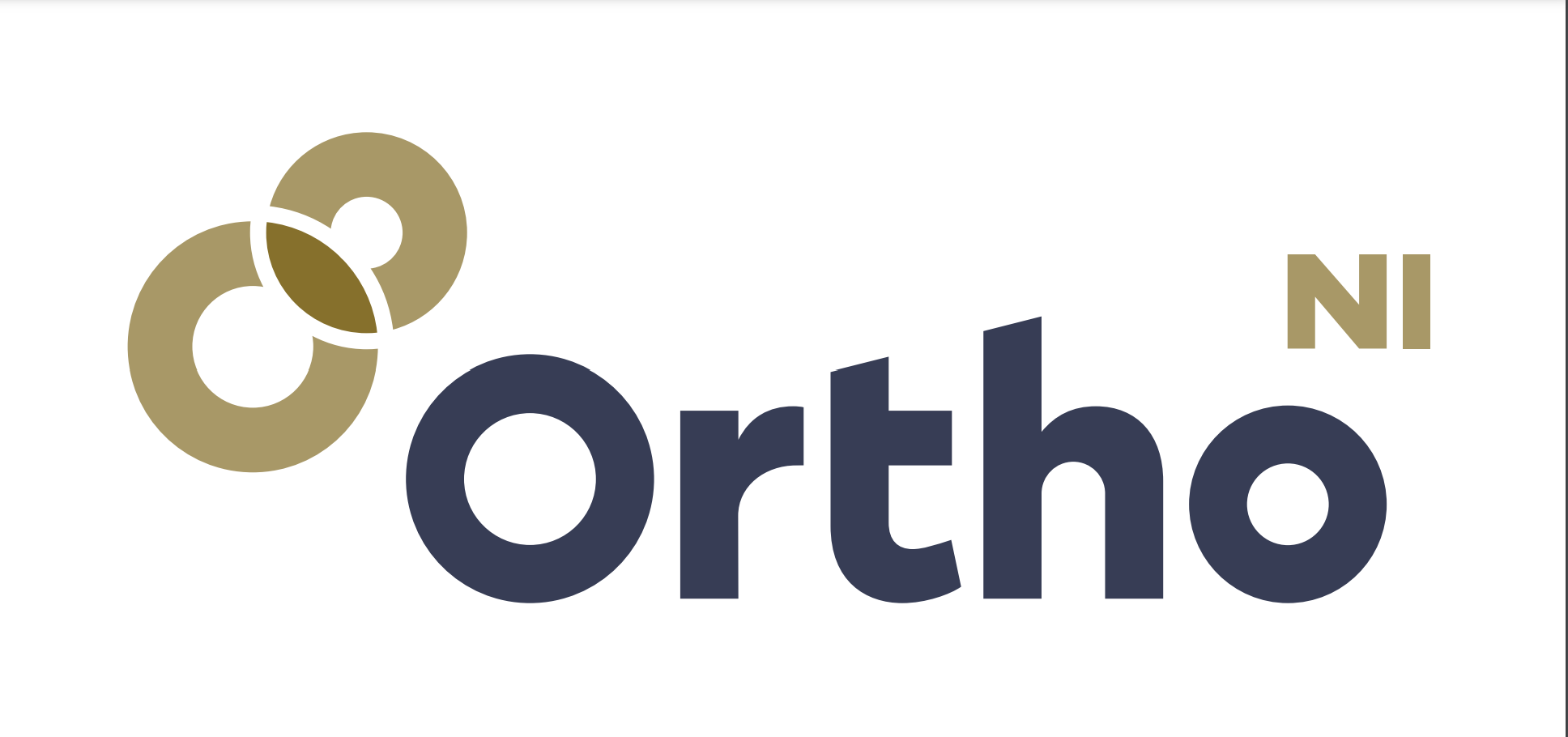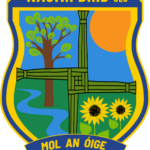The turning of the year 2009-10, and the decade 2000-2009
How can we ever forget the sporting years 2000-2009? Lance Armstrong dominated the Tour de France, the most prestigious cycling event in the world. He won six titles from 2000-2005, adding to his one from 1999, then retired in ‘05, only to come back in 2009 and finish third. This is a man who had cancer, was given virtually no chance of survival, and yet not only survived, but also wrote a real-life story no filmmaker would dare consider with his devastating success in the Tour. A young Jamaican conquered all. He had always wanted to be a cricketer until he discovered that his pace stood out in a country where a world-class sprinter could be another guy in the street. Usain Bolt re-wrote every record book with a new chapter that was more exciting and outrageous than all the others before. In tennis, Rafael Nadal made us all wonder if Roger Federer was still as great as before, but then Federer reminded us of our foolishness by winning a record number of Grand Sam titles and that previously elusive French Open. In female tennis Kim Clijsters made an incredible comeback after taking a break for motherhood, to win the US Open. Tiger Woods, despite having what has recently and infamously emerged as a shifty private life, continued to dominate golf, even winning the US Open with a broken leg. Michael Schumacher toyed with his fellow competitors in Formula One, retired and seems ready to make a comeback in 2010. Michael Phelps completed his amazing journey from a picked-on, bullied kid to the greatest ever Olympian, winning more gold medals by himself in one games than in the history of Irish sport, for which the decade was also full of incredible ups and downs.
No team symbolised this more than the Irish rugby team. After a dismal World Cup in 2007, for which the team had harboured realistic final hopes, and had failed to even qualify from their group (albeit one which contained France and Argentina), they finally fulfilled their undoubted potential in 2009 by achieving the Grand Slam and so in addition the Six Nations title and Triple Crown. Indeed, it was a year of Irish dominance in European rugby, with the national team’s Grand Slam, Leinster winning the Heineken Cup (including an epic semi-final victory against Munster at Croke Park), Munster winning the Magners League and the Ireland As emerging triumphant in the Churchill Cup.
Over in Korea-Japan in ’02, the Republic of Ireland came within two penalty kicks of beating Spain in the World Cup’s last 16, weeks after captain Roy Keane vented his spleen and departed from manager Mick McCarthy and the team. Northern Ireland may not be Brazil, as the song goes, but they certainly made England (1-0) and Spain (3-2) take notice, led by the European qualifying campaign’s top scorer, David Healy. This year Nigel Worthington tried to achieve the improbable with an honest group of players, getting so close to a place in the 2010 World Cup, yet could just not quite get there in the end. The Republic of Ireland were left devastated after a combination of missed chances and Thierry Henry’s hands denied them a ticket to South Africa.
The decade saw the fantastic success of Padraig Harrington, winning three majors and being voted as the greatest Irish sportsperson of all time ahead of rugby captain Brian O’ Driscoll. Golf in Ireland has flourished in the decade, with the mental courage of Darren Clarke to play in the Ryder Cup and win with Europe following the death of his wife Heather to cancer, the emergence and continued rise to fame of Holywood’s Rory McIlroy and Portrush’s Graeme Mc Dowell (who both came second in the golfing World Cup, one shot behind Italy) and other flourishing talents such as Gareth Maybin and Jonathan Caldwell. The Irish boxers, including local Belfast boxer Paddy Barnes, have claimed World, European and Olympic medals, with Wicklow girl Katie Taylor easily the best female boxer in the world.
The death of Vincent O’ Brien in 2009 was a very sad moment for Irish horseracing, but the decade saw the continued dominance of Irish jockeys, horses and trainers. Tony McCoy, Ruby Walsh and Aidan O’ Brien showed how to win on a racecourse as nearly every major honour in flat and jump racing went to an Irish horse or jockey at some point in the decade.
Gaelic Games continued to flourish in both Ireland and across the world, with the setting up of clubs in Dubai and other areas and the development of London and New York GAA. In football, Armagh broke their duck in 2002 by winning the Sam Maguire for the first ever time, but that feeling of triumph turned to tears only a year later when they were narrowly defeated by bitter rivals Tyrone in the All-Ireland final. Tyrone added two more titles in 2005 and 2008, with 2005 adding more distaste to the mouths of Armagh gaels-despite overcoming Tyrone after two fierce Ulster finals in Croke Park (drawn match and replay), a last-minute Peter Canavan free sent the Orchard County home at the semi-final stage, while Tyrone recorded a final win against Kerry, and repeated the feat in 2008. The debate to the ‘team of the decade’ was hotting up very nicely, with Tyrone seeming on a path to meet Kerry in the final once more. However, Cork scuppered those plans by ending Tyrone’s march, at the second-last hurdle. Kerry continued to weave their Croke Park spell over Cork in the final, and Sam was once again heading to the Kingdom.
2009 also saw the breakthrough of the Antrim footballers, who lasted longer than the hurlers for the first time in many years. After gradually building and growing in strength over the last few campaigns with Jody Gormley, Glenullin man Liam Bradley, father of Derry stars Paddy and Eoin, instilled confidence in the panel of players, who won promotion convincingly to Division Three, and went on a magnificent run to the Ulster final, where they were outclassed by then All-Ireland champions Tyrone. The Antrim men went down to the cauldron of Ballybofey in Donegal, where countless high-class teams had perished before. They were huge underdogs in the first round of Ulster against John-Joe Doherty’s Donegal, and took advantage of the Tir Chonaill men’s poor shooting to record a historic victory, corner-back Kevin O’ Boyle the unlikely hero with a last-gasp point from a tight angle. Then Clones was the destination for the Saffrons, where they would play a strong Cavan side led by one of Ireland’s most promising young attackers, who had scored eight points at Casement Park the previous year-Seanie Johnstone.
If fortune had favoured Antrim slightly in Balybofey, it refused to aid the saffron jerseys against Cavan. Luck had nothing to do with the confident display the Antrim men put on as they were comfortable winners. Man of the match was local South Belfast and St. Brigid’s man James Loughrey. Inevitably Ulster final craze gripped the county for the next few weeks as all Saffron gaels frantically searched, scrounged and begged for tickets. The result was an incredibly vociferous Antrim crowd at Clones, watching their heroes put up a brave show yet eventually succumb to the strength and pace of Tyrone.
If reaching the Ulster final was an impressive feat, outplaying Kerry just a week later was astounding. The eventual All-Ireland champions talked afterwards about their match with Antrim as a huge scare, and of how Antrim had now earned their respect. Indeed Antrim could have had a couple of goals, and had they put them away, then they may have been walking out of Tullamore with one of the greatest scalps the Championship had ever seen. Although it wasn’t to be, 2010 promises much for ‘Baker’ Bradley and his squad.
If 2009 saw the re-establishment of the normal Gaelic football order with Kerry triumphant, the year also saw probably the greatest hurling side of all time stamp their greatness on the sport. Kilkenny won their fourth All-Ireland title in a row a feat that even manager Brian Cody admits is slightly crazy. This year it was not as easy for them as last year seemed, for a young, hungry and fresh Tipperary side had emerged to challenge them. We were all praying for a Cats-Tipp final, and that was what we got. We were all praying that Tipp would put it up to them, and that is what they did. They led the match until the last minutes, until Kilkenny got a penalty. For those not familiar with hurling, a penalty is not as straightforward as in soccer. Two defenders stand on the line with the goalkeeper, presenting a formidable barrier. The man taking the penalty, on the other hand, is the greatest player of his generation, and ‘King’ Henry Shefflin blasted the ball to the net to severely dent his opponents’ hopes and spirit. Martin Comerford, who won the penalty, grabbed a quick-fire goal soon after, a deft flick past the on-rushing Brendan Cummins, and the game was over.
I could write a book about the events of the last decade in sport, and I am sure many books will be written. The International Rules’ violence and then rise back to good press with an Irish victory, the Ireland v England rugby game at Croke Park, the drugs scandals in sport, especially cycling, the Ireland cricket team’s World Cup victory over Pakistan, the comeback by Liverpool in the Champions League against AC Milan. When I recall these events, I cannot help but look forward to the shocks, surprises, historical moments, heartbreak and glory that we will see in sport in the decade to come. The 2012 Olympics is an obvious fixture, but people will become heroes and villains, winners and losers, or simply sportspeople we know and love, through a whole collection of moments.
Let the fun begin!







